Chinese Foreign Ministry spokesperson Wang Wenbin made remarks on the Comprehensive Report on the disposal of nuclear-contaminated water at the Fukushima Daiichi Nuclear Power Station released by the IAEA. The following is the full text:
CGTN: The International Atomic Energy Agency (IAEA) yesterday released a Comprehensive Report on the disposal of nuclear-contaminated water at the Fukushima Daiichi Nuclear Power Station, which attracted wide attention from the international community. According to reports, the Japanese government plans to start the ocean discharge process as early as this August. People from many countries protested and expressed opposition. Chinese departments made statements on this. Does the foreign ministry have any further comment?
Wang Wenbin: On the report released by the IAEA yesterday, the Ministry of Foreign Affairs of China, China Atomic Energy Authority and the National Nuclear Safety Administration have made clear China’s strong position. China’s position is based on science and facts. I would like to stress again that the report should not be the “shield” or “greenlight” for Japan’s discharge of nuclear-contaminated water into the ocean.
First, the report cannot justify Japan's plan of discharging nuclear-contaminated water into the ocean. The Japanese side unilaterally decided to dump the water into the ocean, which is in fact minimizing its own costs and risks while letting the world take nuclear contamination risks that could have been avoided. The report clearly pointed out that the IAEA provides neither a recommendation nor an endorsement of Japan’s ocean discharge plan.
Second, the report cannot give legitimacy to Japan’s plan of discharging nuclear-contaminated water into the ocean. By discharging nuclear-contaminated water into the Pacific Ocean, the Japanese side may violate obligations stipulated in international law, including the United Nations Convention on the Law of the Sea (UNCLOS) and the Convention on the Prevention of Marine Pollution by Dumping of Wastes and Other Matter in 1972. Since Japan claims that it abides by international law and rules, it owes the international community an explanation.
Third, the report cannot ensure the safety of Japan’s plan of discharging nuclear-contaminated water into the ocean. The effectiveness and long-term reliability of Japan’s purification facility is not verified by a third party, the authenticity and accuracy of the nuclear-contaminated water data lacks proof and the long-term influence of radionuclides in the nuclear-contaminated water on food safety and people’s health through biological concentration has not been studied.
Fourth, the report cannot ensure the effectiveness of the monitoring arrangement. TEPCO has tampered with or held back nuclear-contaminated water data for many times. In the IAEA’s plan, the monitoring arrangement does not include independent sampling and takes TEPCO’s data and information as the basis of monitoring. Such practice is inadvisable.
Facts have shown that the report did not resolve the strong opposition to ocean discharge both in Japan and the rest of the world. According to a latest survey in Japan, 40 percent of Japanese oppose ocean discharge. According to a joint survey by the ROK’s Hankook Ilbo and Japan’s Yomiuri Shimbun newspapers, over 80 percent of ROK respondents disapprove of Japan’s discharge of nuclear-contaminated water into the ocean. Experts and people in the Pacific Island countries, the Philippines, Indonesia, South Africa, Peru and other countries protested and voiced their opposition. The Chinese people have strong concerns over Japan’s discharge plan. Competent departments of the Chinese government will enhance marine environment monitoring and strengthen inspection and quarantine of imported seafood and other products to safeguard people’s health and food safety.
Japan's planned ocean discharge of the nuclear-contaminated water bears on major international public interest. The stakes are too high. We cannot afford to ignore risks that might lead to a mishap. We urge Japan to respect science and facts, not attempt to use the IAEA report to shield its ocean discharge, faithfully fulfill its moral responsibility and obligations under international law, stop pushing forward the ocean discharge plan, and dispose of the nuclear-contaminated water in a responsible manner.








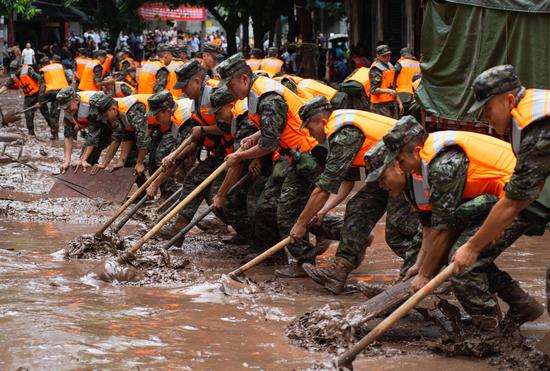
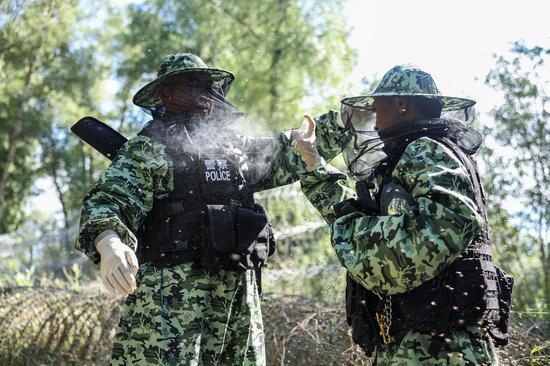




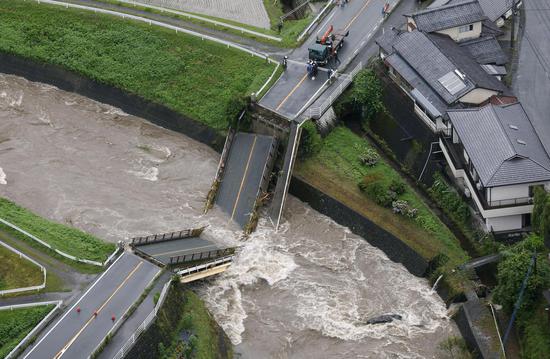



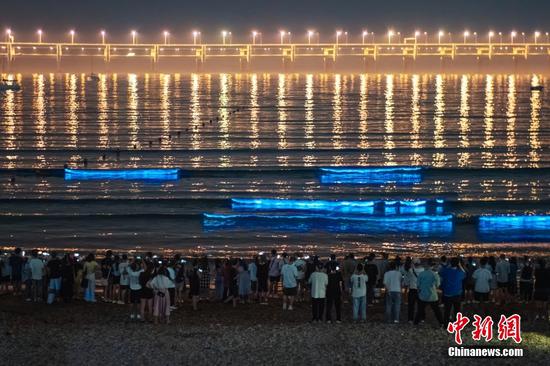



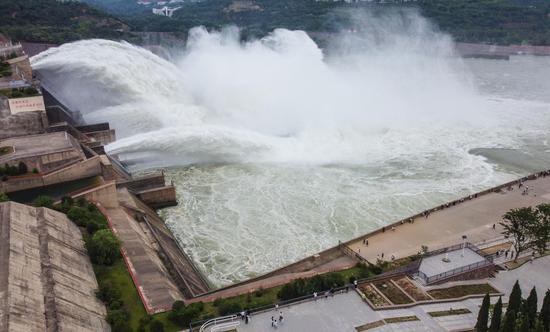









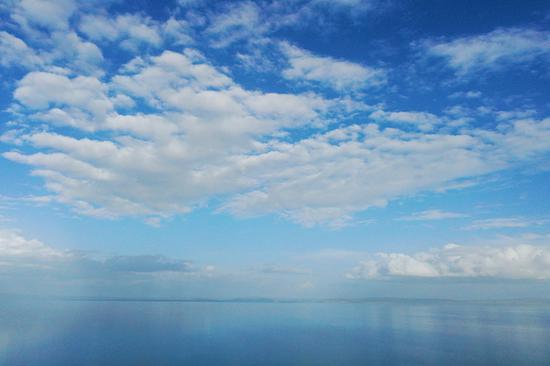


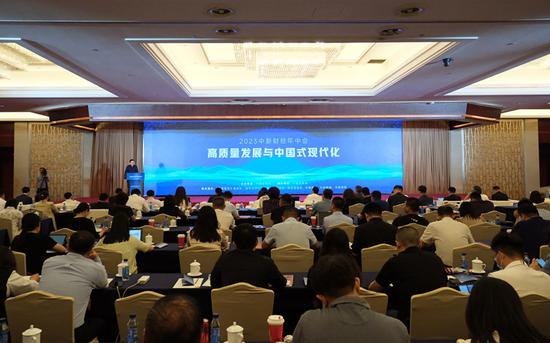



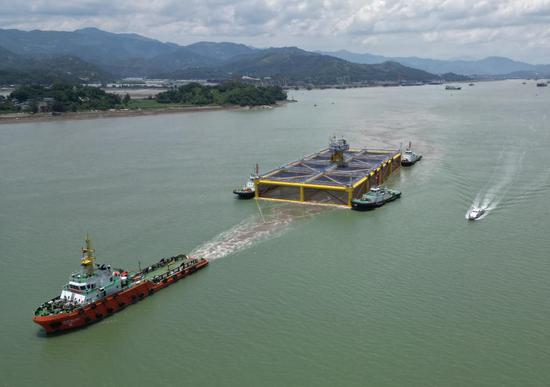










 京公网安备 11010202009201号
京公网安备 11010202009201号